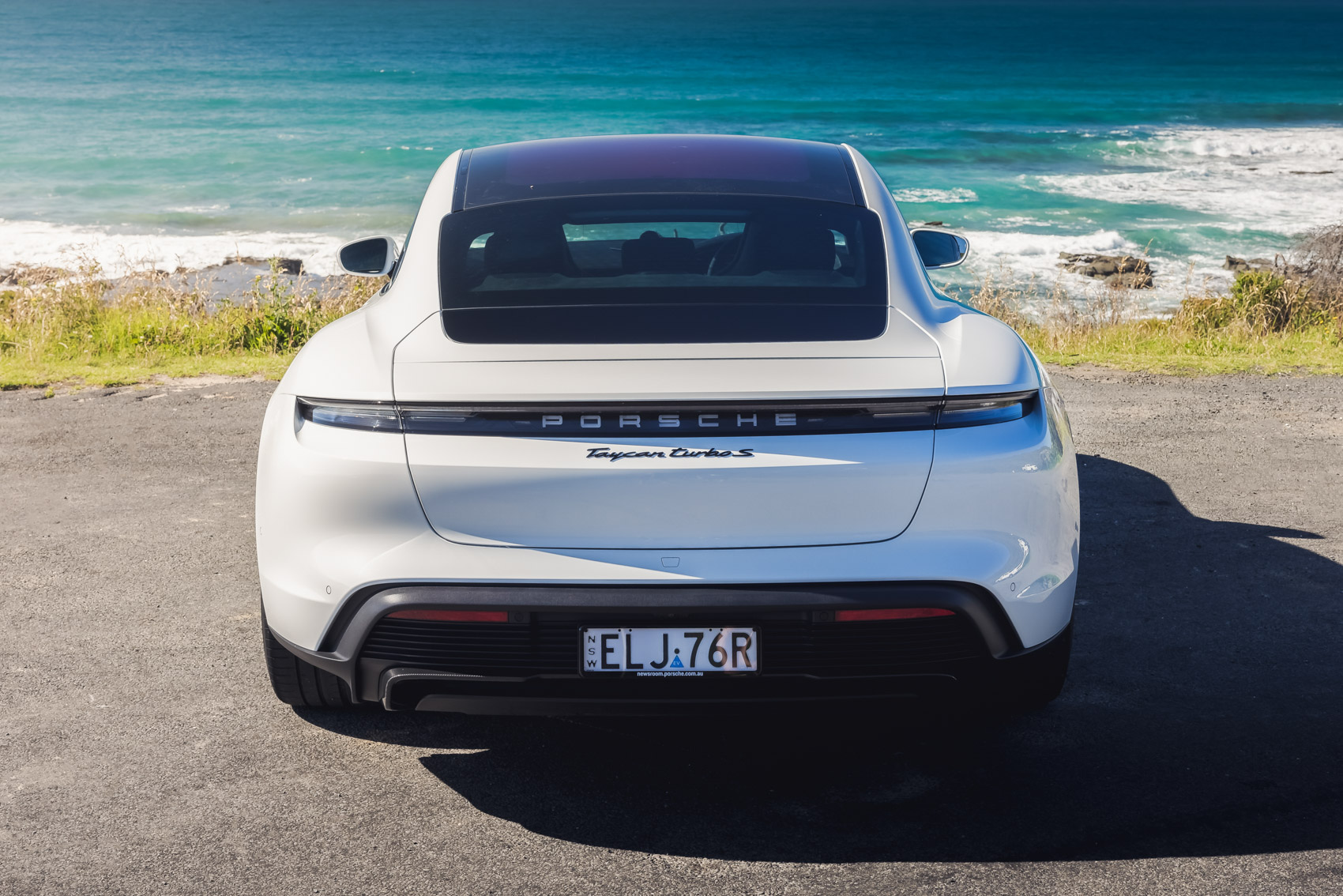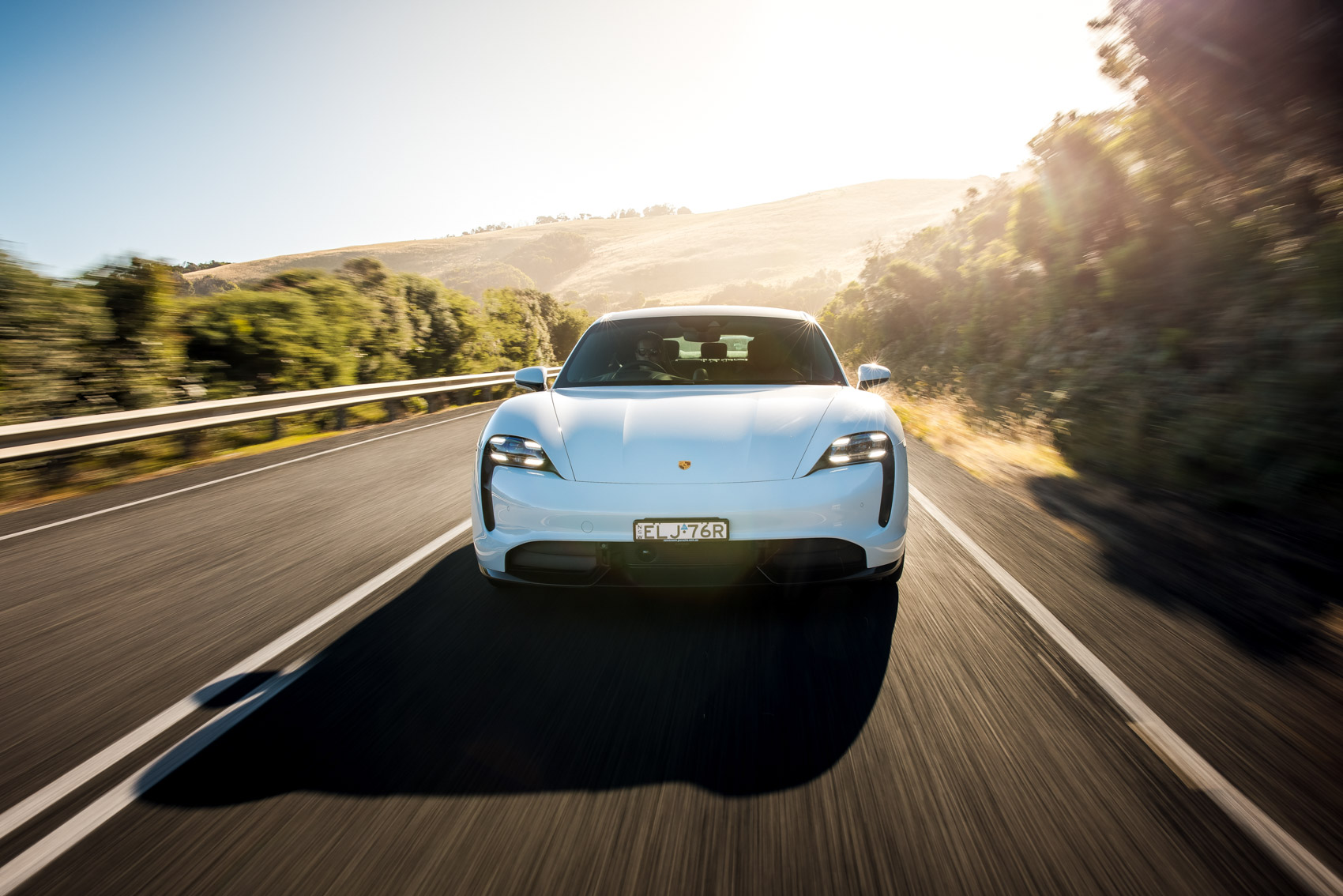Porsche made record sales in 2022 and profits despite “difficult” market conditions in 2022.
Porsche recorded “its strongest result in history” with record revenue, profit, and sales in 2022, despite “difficult” market conditions.
During its annual general meeting (AGM) this morning, the German firm said its operating profits hit €6.8bn (AUD$10.94bn) in 2022, a 27.4% rise on 2021; its revenue rose to €37.6 billion (AUD$60.5bn), a growth of 13.6%; and its sales reached 309,884, up from 301,915.
These strong sales figures were led by the Porsche Cayenne SUV, its top seller, which grew 15% to 95,604 sales worldwide, followed by the 911 sports car range (40,410, a 5% rise) and the Panamara (34,142, a 13% rise).
China was again the firm’s most profitable market, with 93,000 sales, followed by North America, with 70,000.
On the results, Porsche CEO Oliver Blume said: “In difficult conditions, we achieved the strongest result in the history of Porsche by some distance. We were also able to offer our customers exciting new products yet again in 2022. This is the result of a great team performance.”
During the AGM, Porsche also announced plans for an electric version of the Cayenne, which will be sold alongside facelifted versions of the ICE and plug-in hybrid driveline options available today.
“Our strategy is clear: electromobility is given top priority at Porsche,” deputy chairman Lutz Meschke told journalists.
“We’re resolutely driving up the ramp-up like hardly anyone else can. It’s our aspiration to deliver more than 80% of new cars to customers as all-electric in 2030. Our product strategy has been entirely aimed at achieving this goal.”
This strategy includes, as well as the Cayenne EV, the 2024-bound electric Macan, the electrified 718 Boxster and 718 Cayman and the new range-topping K1.
Added details of Porsche’s new K1 flagship electric SUV were also provided, confirming it will be “positioned above the Cayenne”.
On the electrified 718 sports cars, Meschke confirmed they will be sold initially alongside the current ICE models when they arrive “in the middle of the decade” before being exclusively offered as EVs “in the medium term”.
No announcement was made on the cars’ long term future, which potentially opens the door for an ICE model to later return to the range using synthetic e-fuels, development of which Porsche has been pushing.
This came to a head last year when the firm set up an e-fuels pilot plant with partners in Chile, with production having been running since December.
“With this, we have demonstrated that e-fuels can be produced on an industrial scale,” Blume said.
During the AGM, Porsche also announced new sustainability targets. Included is a net carbon-neutral value chain for its models from 2030 as well as a net carbon-neutral use phase for future EVs based on an assumed total mileage of 124,000 (200,000km) per vehicle.
As part of its Road-to-20 strategy, Porsche also laid out plans to achieve a return on sales of up to 20% later this decade.
Additional reporting by Greg Kable





